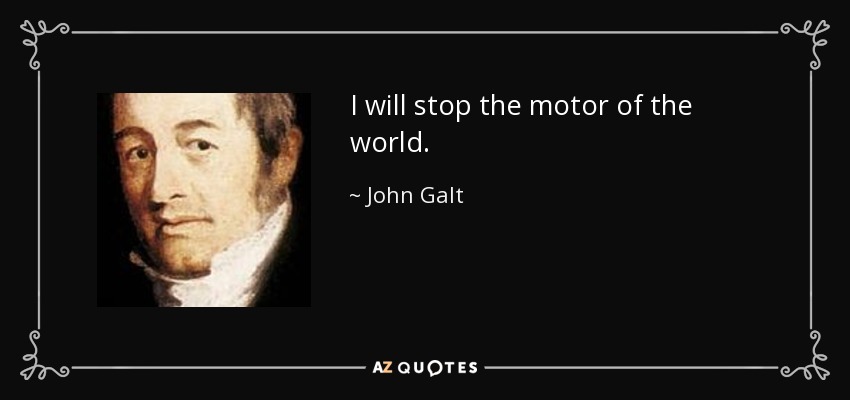In the beginning was the Word, and the Word was with God, and the Word was God.
Thus, the beginning of John's Gospel, known overall as being the impenetrable, mystical one. The Gospel where it doesn't start with the birth of Jesus, or the ministry of John, or the family tree of Christ. All easy things to get your head around. No, it starts with the concept of Logos, the Word, the Word becoming flesh and dwelling among us.
That sort of mystical stuff is really at the core of what the Christian faith is all about, the nature of God becoming flesh and dwelling in the midst of his people, but this sort of doctrinal content can be accused of being at least semi confusing and baffling, especially to the outside. But there is a separate type of content that is exclusively baffling to people on the inside of the church, namely things like we have in our epistle reading from Sunday. And Christians are notorious for this: having a good grasp of esoteric and arcane aspects of the nature of God, but are very bad at having a firm grasp on things that are so easy that we teach them to children.
Of course, this isn't exclusive to Christians, but you would be amazed at how easily the average Lutheran at least can wrap their heads around the concept of a six day creation or the real presence. And my standard go-to line is always this: if you can believe that a 2000 year old man is literally there made of bread and wine on the altar at this suburban church, if you believe that "Is means is," then why are you having a hard time with a lot of what the Pauline epistles say about how to behave?
I mean, I know why. We are a Sola people: Faith alone, Grace alone, Christ alone, that kind of thing. And we like to avoid anything related to works righteousness. And the best way to avoid works righteousness is not to do any works, right Lutherans? Can't feel righteous in your works if you didn't do any, you know? Okay, I know I'm being a little facetious, but not much, to be honest. Lutherans resist the preaching of works out of an abundance of caution about self righteousness, but we have to remember who Paul's letters were written to: The Christians in any given area. The church in Ephesus, the church in Thessalonica, the Church in Rome, that kind of thing. These are people, who, like you, are already Christians, already baptized, already washed clean by the Holy Spirit, called by the grace of God, and given life and salvation. But you're not done at that point: There's still a lot of living to do, you know. You believe, you have been baptized, you have faith in Christ, now what? And the answer is what you find in the Pauline letters.
Paul, who wrote the book of Romans, isn't confused about salvation. He's not perplexed about what works and grace are, you know. He wrote that doctrine down, codified it, and made sure that we would know that it is by grace we have been saved, not by works, lest any man should boast. So if that's true, and you trust Paul with that, then why don't you trust him when he tells you not to let any corrupting talk come out of your mouths?
I know why, of course. A lot of ink has been spilled from not so well meaning philosophers who have gone to a lot of effort to try to convince you that the essence of not just Christian but all morality is for you to do nothing differently from what you would have been doing normally. The goal of the theologian now is not to tell you what God wants you to do, but rather to tell you that God wants you to do what you're doing.

